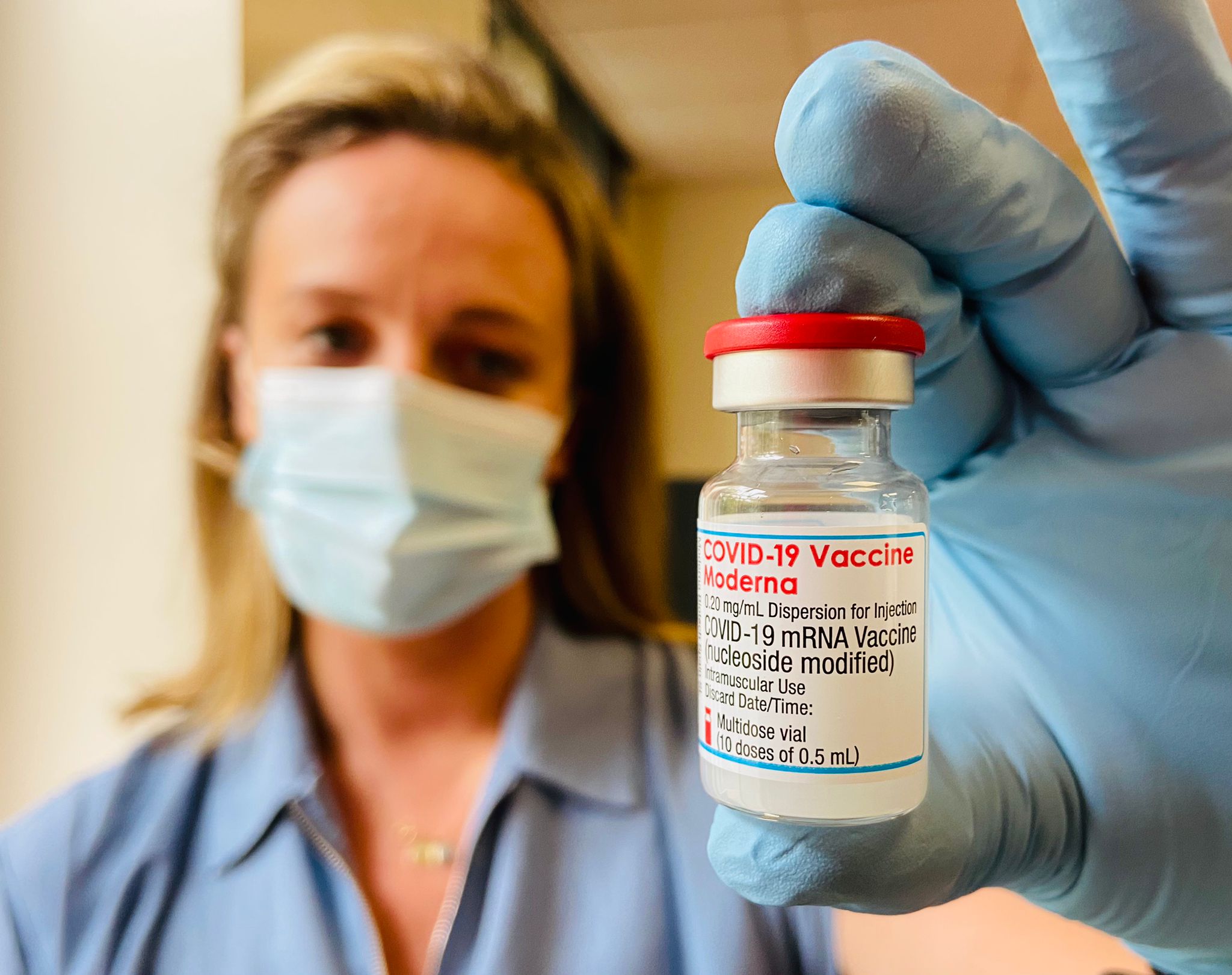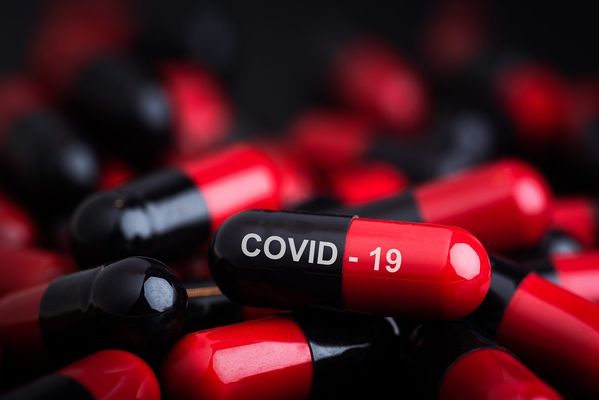Whilst we are preoccupied with the Delta variant others may be on the way. At present there are four variants of concern to the World Health Organisation and these are Alpha, Beta, Gamma and Delta.
Delta is by far the most contagious, some 97 per cent more than the earliest circulating virus. Understanding how mutations develop can help us grasp whether more concerning versions may yet appear. Every single time the virus gets in a cell it replicates its genome (genetic instructions) so that it can spread to other cells and this has a potential to make an error.
Mutations generally appear randomly and spontaneously rather than in a systematic way. Most mutations either kill the virus or they die out from lack of spread, victims of an infected person isolating or passing the germ to a small number of others who then sit at home.
But when enough mutations are created some will get lucky and catch hold, perhaps when an infected person attends a crowded sporting event or a large indoor gathering such as a wedding. Imagine an evolutionary windstorm over many smouldering embers of little hopeful mutants that might normally go extinct but when you have rampant infection, natural selection gains the upper hand.
If you're aged 18 years or older, you can get vaccinated at one of Northern Ireland's walk-in mobile vaccination clinics without an appointment, or by booking at one of the community pharmacies.
— Robin Swann MLA #StopCovidNI (@RobinSwannMoH) September 4, 2021
Find out more at: https://t.co/TOCi15OX0d#covidvaccine pic.twitter.com/REkU02Amxk
Corona viruses are more prone to mutations than other germs. They contain a single-stranded ribonucleic acid (RNA) and the enzymes which make new copies of RNA are more prone to error. Mutations that take hold do so for a reason such as by helping the virus increase transmissibility, infectivity, virulence, or the ability to escape our immunity.
A small group of mutations in various spots could collectively have the major impact of helping the virus evade antibodies and thus making vaccines less effective.
Four further deaths overnight have been attributed to Covid-19 and 1,145 new cases have been recorded. The total deaths on Tuesday since the start of the pandemic are 2,513. A total of 228,441 have tested positive since the pandemic began. Some 34 deaths have been attributed to the virus in the past week down from 51 the week before.
Over the past week 7,992 have tested positive down from 9,914 the previous week. At present there are 384 Covid-19 inpatients which is down from 479 inpatients a week ago. There are currently 32 patients in intensive care. Hospital bed occupancy now stands at 102% and six facilities are over capacity.
Numbers are generally going down but winter approaches and with numbers generally lower in the south but vaccinations higher, The Executive will meet on Thursday and may discuss remaining restrictions with Sinn Féin taking a more cautious approach than the DUP.
I am on my way back into the office having recovered from COVID
— Michelle O’Neill (@moneillsf) September 20, 2021
Thank you all for your best wishes to myself & my family, it was genuinely appreciated
I would encourage those who have not yet got the vaccine to do so, it will help to protect you, your family & our health staff pic.twitter.com/0RfrAQCZmn







